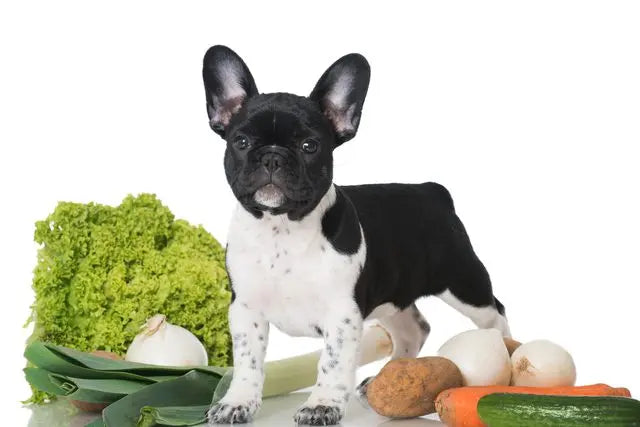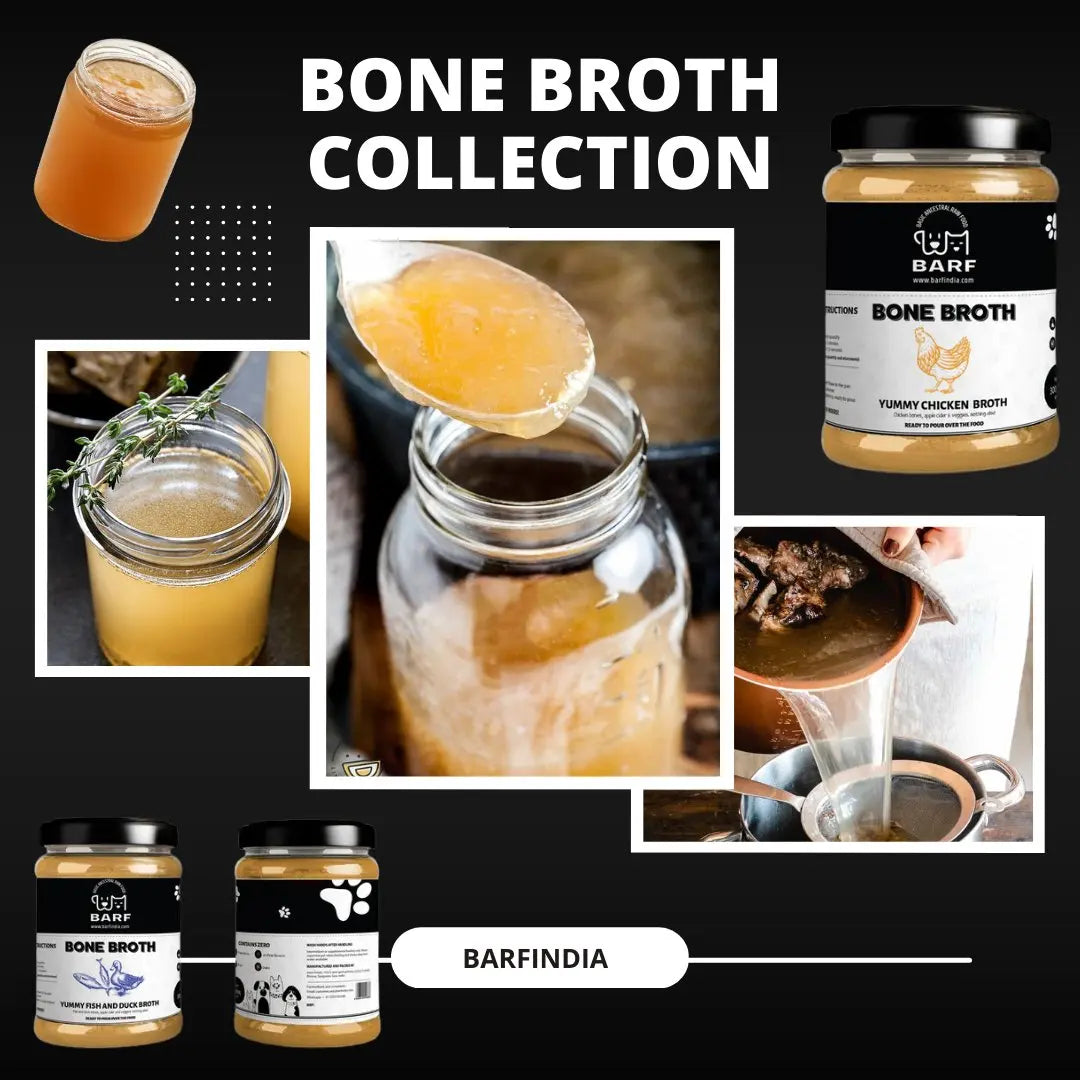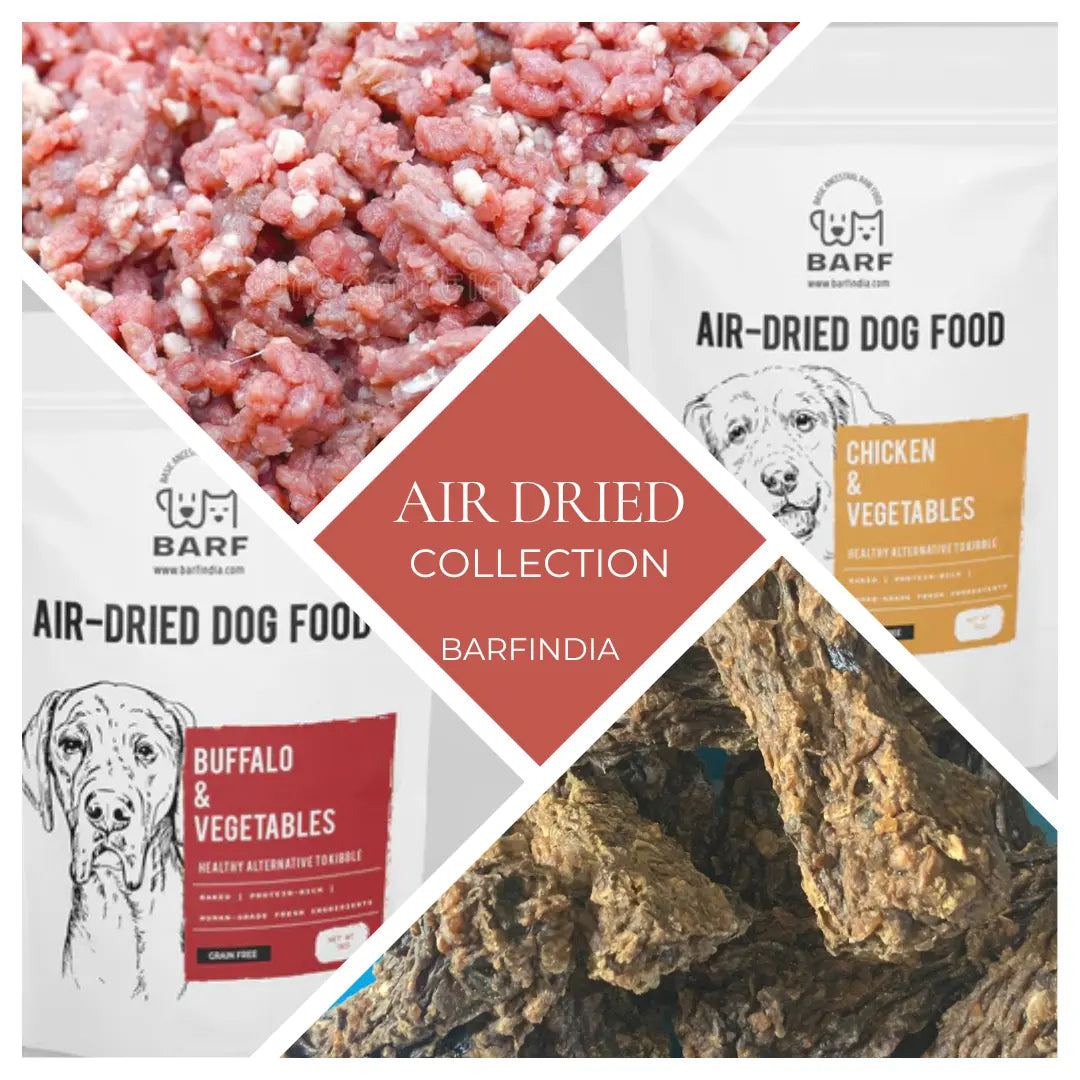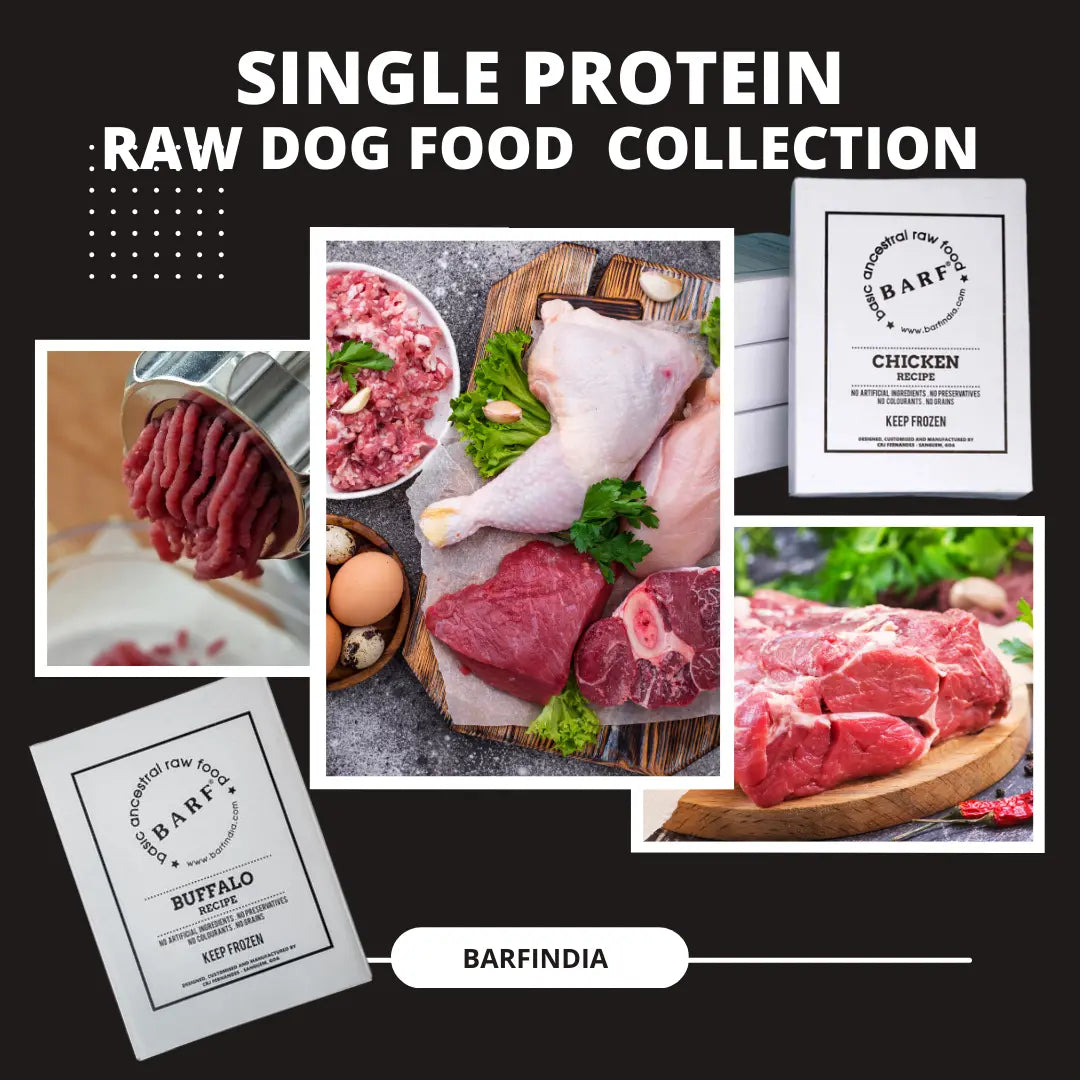
Why should I feed raw meat to my dog or feed a vegetarian food for dogs?
B.A.R.F. India AdministratorVegetarian Food for Dogs: What Pet Owners Should Know
Vegetarian Food for Dogs: The Ethical Dilemma
Vegetarian food for dogs may seem like the ideal choice if you're vegetarian for ethical or religious reasons. The thought of visiting a butcher or storing raw meat can be off-putting. However, adopting a pet brings up an important question: must you feed raw meat, or can your dog thrive on a vegetarian diet? Many pet owners assume their dogs can simply adopt a plant-based lifestyle—after all, kibble doesn’t look like meat, right? But before making that decision, it’s crucial to evaluate whether vegetarian food for dogs truly meets their biological and nutritional needs.
Respecting Differences vs. Biology—Vegetarian Food for Dogs in Perspective
We readily respect other humans’ dietary choices, but our pets aren’t people; they’re carnivores. A dog is “no longer a wolf,” yet certainly “isn’t a rabbit either.” Wolves may ingest small amounts of vegetation, but their bodies are designed to thrive on prey. Likewise, your family dog still needs raw meaty bones, organs, and a touch of plant matter—not a full bowl of vegetarian food for dogs every day.
Why Choose Raw and Avoid Exclusive Vegetarian Food for Dogs
Modern canine illnesses—diabetes, cancers, joint issues, autoimmune disease—often trace back to processed, nutrient-poor diets. Raw feeders consistently report shinier coats, cleaner teeth, leaner bodies, and odor-free stools. If vegetarian principles hold you back, meet raw-feeding communities or talk with us; seeing those health transformations might change your mind about relying solely on vegetarian food for dogs.
Practical Tips for Vegetarians Handling Meat Without Compromise
-
Buy from hygienic butchers or order pre-packaged raw meals.
-
Keep a separate freezer for your dog’s meat.
-
Use dedicated cutting boards, knives, and gloves.
-
Disinfect prep areas thoroughly.
-
Store meat away from your regular kitchen space.
These steps let you honor personal ethics while avoiding the pitfalls of an all-vegetarian food for dogs approach.
Missing Nutrients in Vegetarian Food for Dogs
-
Vitamins A & D – abundant in animal fat and liver.
-
Taurine – vital for heart, retina, and nervous system function.
-
Bioavailable Protein – essential for muscle repair and immunity.
-
Vitamin B, Iron, Calcium – far easier to absorb from animal sources.
Chronic deficiencies from exclusive vegetarian food for dogs can lead to serious health issues. Customized vet-supervised diets may work for allergy cases, but turning a natural carnivore into a strict vegetarian rarely ends well.
Digestive Anatomy vs. Vegetarian Food for Dogs
Dogs have short gastrointestinal tracts built for rapid meat digestion, and their teeth are engineered to shear flesh and crunch bone. Expecting that anatomy to thrive on vegetarian food for dogs ignores basic biology. If you’ve embraced plant-based eating for health, extend the same health-first mindset to your pet—even when it means raw meat on the menu. We’re here to address concerns and guide you toward balanced raw options.



